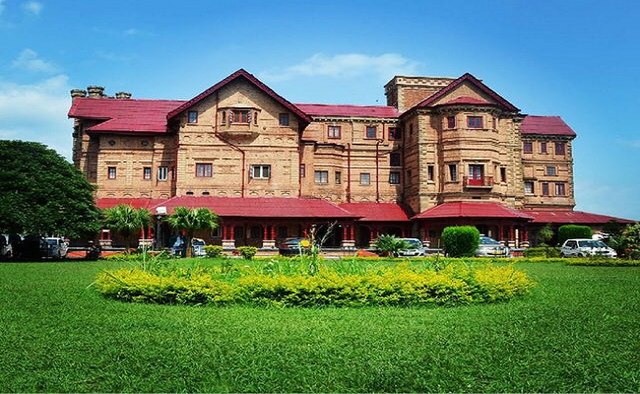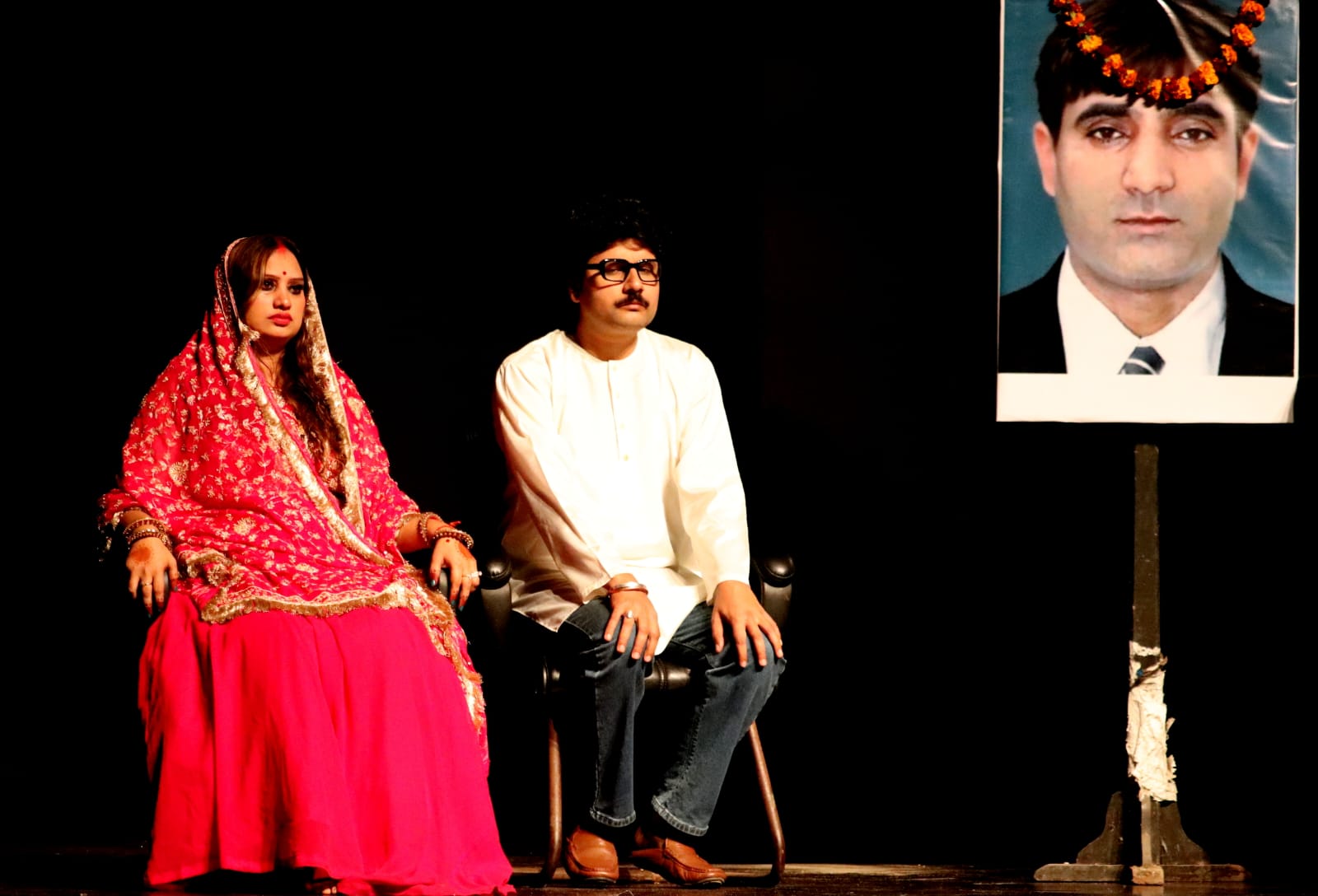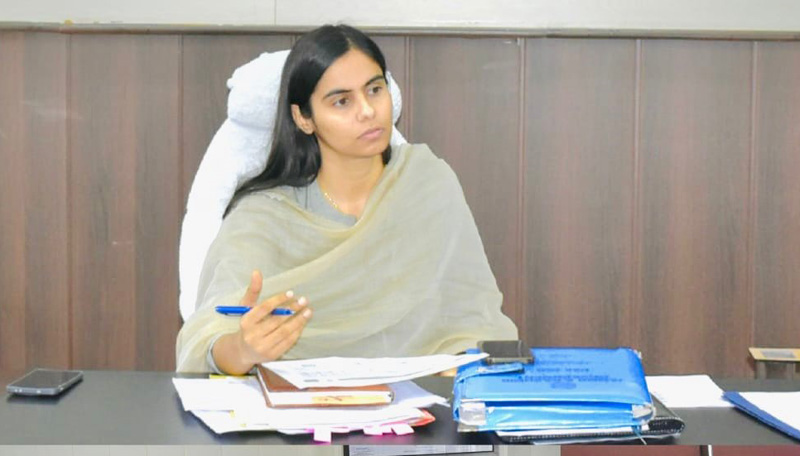Political circles and local media in Jammu and Kashmir have been abuzz with speculation that the central government may soon bifurcate the Union Territory, granting statehood to Jammu while retaining Union Territory status for Kashmir. Although no official confirmation has been issued, the rumors have sparked strong reactions across the political spectrum and reignited debates over the future of the region’s governance.
Background: Article 370 and Reorganization
In August 2019, the Government of India revoked Article 370, which had granted special autonomy to the former state of Jammu and Kashmir. Subsequently, the state was reorganized into two Union Territories — Jammu and Kashmir, and Ladakh — under the Jammu and Kashmir Reorganisation Act, 2019.
The central government has since promised a return to statehood for Jammu and Kashmir “at an appropriate time,” but has not provided a clear timeline. Now, with fresh rumors pointing to a split between Jammu and Kashmir, public discourse is once again heating up.
Rumored Plan: Jammu as a State, Kashmir as a Union Territory
According to local sources and unverified media reports, the proposed plan would:
- Grant full statehood to Jammu, with its own legislative assembly and greater administrative powers.
- Keep Kashmir Valley under Union Territory governance, retaining tighter central control via the Lieutenant Governor and the Ministry of Home Affairs.
Though unconfirmed, this idea is being floated as a possible middle ground that addresses distinct political and security concerns in the two regions.
Political Reactions
In Jammu: Divided Opinion
- Proponents in Jammu see statehood as a long-overdue recognition of the region’s distinct identity and aspirations, which they argue have long been overshadowed by Valley-centric politics.
- Opponents, including some Dogra leaders and civil society groups, fear that separating Jammu from Kashmir could divide the historic, cultural unity of the region and dilute its political leverage.
In Kashmir: Strong Opposition
- Kashmiri political leaders and civil rights activists have expressed deep concern, seeing the rumored move as an attempt to further marginalize the Valley.
- Former Chief Minister Omar Abdullah tweeted that such a bifurcation would “formally institutionalize discrimination” and undermine the promises of unity and inclusion.
National Political Response
- The BJP has remained tight-lipped but reiterated its commitment to restoring statehood “eventually.”
- Opposition parties, including Congress and the National Conference, have warned against any decision that lacks democratic consensus from the people of Jammu and Kashmir.
Impact Analysis
Political Impact
- Jammu could benefit from a stronger voice in national politics and more autonomy over local affairs.
- Kashmir, under continued UT status, may see prolonged central control, which could lead to increased political unrest and further alienation of youth and regional parties.
Economic Impact
- Uncertainty surrounding governance may discourage private investment and long-term economic planning in the Valley.
- Jammu, if granted statehood, might attract more central funding and development schemes targeted toward state-level infrastructure and services.
Legal and Constitutional Questions
- Legal scholars point out that a bifurcation would require an amendment to the Jammu & Kashmir Reorganisation Act and possibly a constitutional review.
- Questions also arise over representation in Parliament, reservation policies, and the status of existing land and employment protections.
Social Cohesion and Identity
- Such a split risks deepening regional polarization, particularly if perceived as a communal or political divide.
- Kashmiris may interpret the move as further disenfranchisement, while in Jammu, it could foster a sense of empowerment—but also increase communal tension if not handled sensitively.
What Lies Ahead?
While these are still rumors, their widespread circulation underscores the fragility and complexity of post-2019 politics in Jammu and Kashmir. Any change in the region’s status would require careful legal maneuvering, political consultation, and most importantly, a dialogue with the people whose lives would be most affected.
For now, the people of Jammu and Kashmir continue to wait for clarity — and a future that includes both democratic representation and regional dignity.













